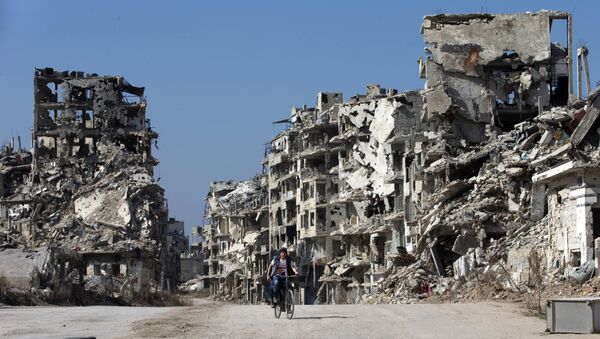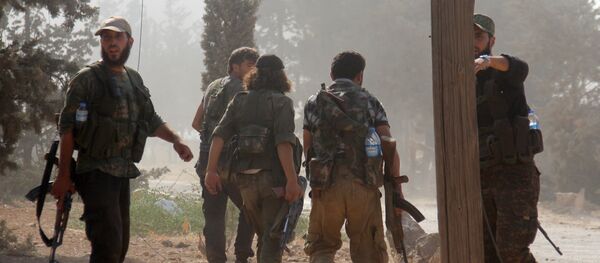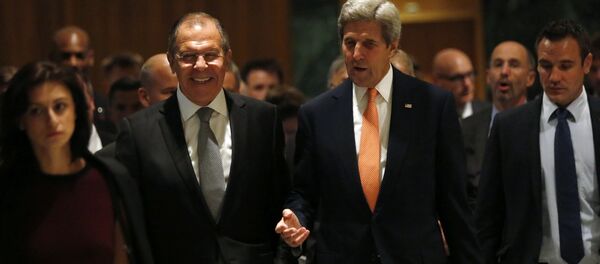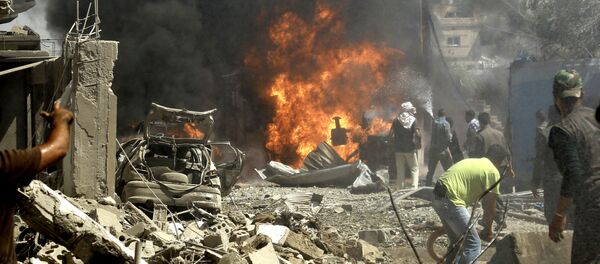"It's a semantic deal, it's a patchwork deal and a lot of it relies on this idea of some sort of an agreement that al-Nusra Front, or al-Qaeda in Syria, is al-Nusra Front and has not been rebranded to basically change the name on its door," Henningsen, a radio host at 21stcenturywire.com, said.
On July 28, al-Nusra Front, al-Qaeda's offshoot in Syria, cut ties with the international terrorist organization, changing its name to Jabhat Fateh al-Sham, or the Front for the Conquest of Syria. Experts are concerned that the group will now try to merge with and dissolve into the so-called moderate opposition.
Henningsen further said that the "patchwork deal" between Russia and the United States on Syria is "meant to supposedly protect humanitarian aid" coming to different regions of Syria, including rebel-held areas of Aleppo.
"However, this is not going to make a difference on the ground. It might make a difference maybe on the access points. But what we've seen around Syria in many places including Homs is that the rebels will come and commandeer the aid. And then they'll horde it, and then they'll sell it at extortionate prices to residents or they'll share it among terrorist fighters," he warned.
This pattern, according to the journalist, has been visible in different parts of Syria.
Henningsen was also critical of Washington's foreign policy in Syria.
"The US role in the Syrian war has been a constant case of double agenda. So it has one agenda over the table which is diplomacy. And then it continues with another, some might call it a dirty agenda, under the table," he noted. "The US is just pretending that they are not doing a clandestine operation which they have been doing for the last six years."
"That's how the US would view it. … Any other country that faced such an internal enemy would view it that way," he said. "Why should the Syrian government view them as anything other than a destabilizing and violent force."





